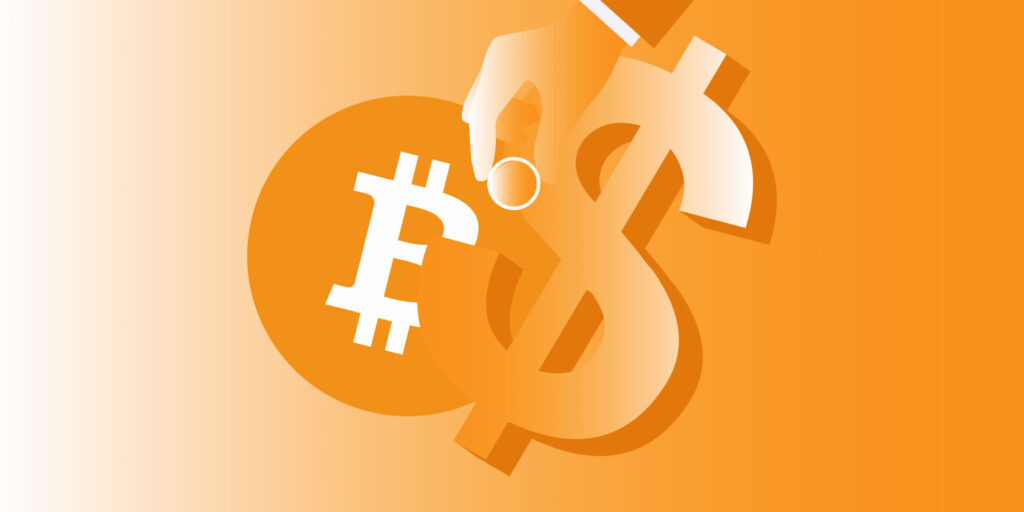
Tether posted a record-shattering $4.52 billion profit in the first quarter—an unusually large sum even for the highly successful and dominant stablecoin provider.
Per its Q1 2024 attestation report published on Wednesday, the company earned approximately $1 billion in net operating profits from its U.S. Treasury holdings. These short-term T-bills comprise the vast majority of Tether’s reserves, which back its $110 billion dollar-pegged stablecoin, USDT.
The rest, however, can be credited to massive mark-to-market gains in the value of the company’s Bitcoin (BTC) and gold reserves. Compared to last quarter, the size of Tether’s BTC holdings rose from $2.8 billion to $5.4 billion, while its gold position rose from $3.5 billion to $3.7 billion.
In the first quarter alone, more than 12 billion new USDT tokens were issued.
“Tether once again demonstrates its commitment to transparency, openness, and conservative risk management, maintaining a large amount in excess reserves and providing disclosures for the Group,” Tether CEO Paolo Ardoino wrote on Twitter.
Tether announced in May 2023 that it had begun investing in Bitcoin with part of its operating profits, calling it an effort to diversify its portfolio. On-chain data suggests the company now holds 75,300 BTC at its Bitcoin address, up from 66,400 BTC following an early 2024 purchase.
Tether’s excess reserves now total $6.3 billion, up almost $1 billion from last quarter, which it says provides a buffer against potential drawdowns or risks related to its core reserve composition. That more than covers the $4.7 billion worth of secured loans on its balance sheet, which the company was once widely criticized for relying on as part of its core reserves.
Unlike other stablecoin issuers like Circle, Tether has yet to undergo a formal audit, with Ardoino claiming that it’s because the “Big Four” accounting firms—Deloitte, PwC, EY and KPMG—consider it a reputational risk. In an interview earlier this month, he said that Tether is “trying to make the case,” in an effort to “build relationships to get the audit from a Big Four firm.”
In the meantime, Tether’s quarterly “attestation” reports reveal the state of its balance sheet as of a specific date, as attested to by BDO—a multinational accounting network that’s the fifth-largest in the world.
Cantor Fitzgerald CEO Howard Lutnick has also backed Tether, claiming that his company sees and controls much of the bond portfolio backing Tether’s USDT tokens.
Since the March 31 attestation date, Bitcoin’s price has fallen from $71,000 to $57,300—likely reversing some of Tether’s unrealized Q1 Bitcoin gains.







